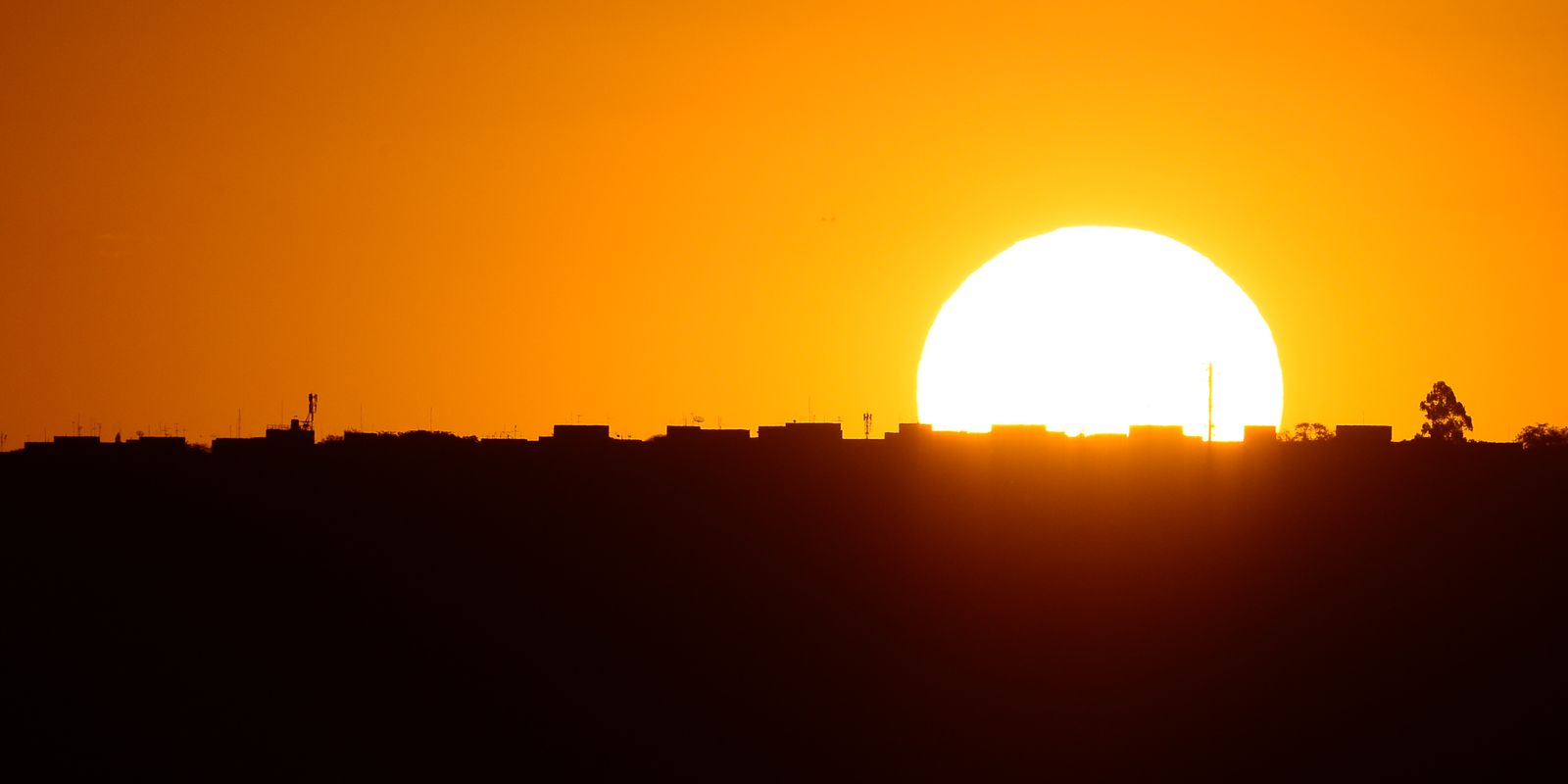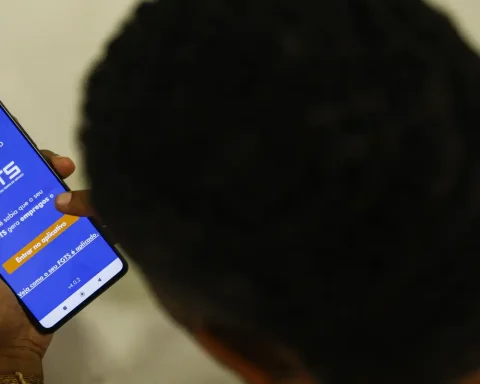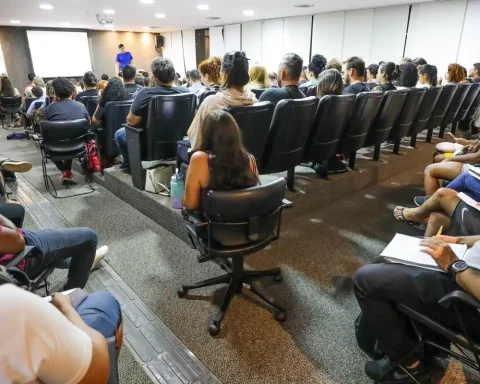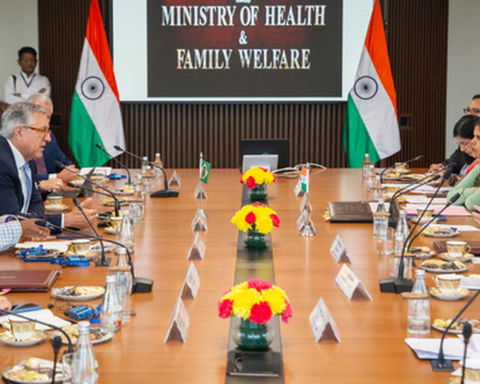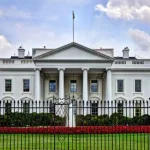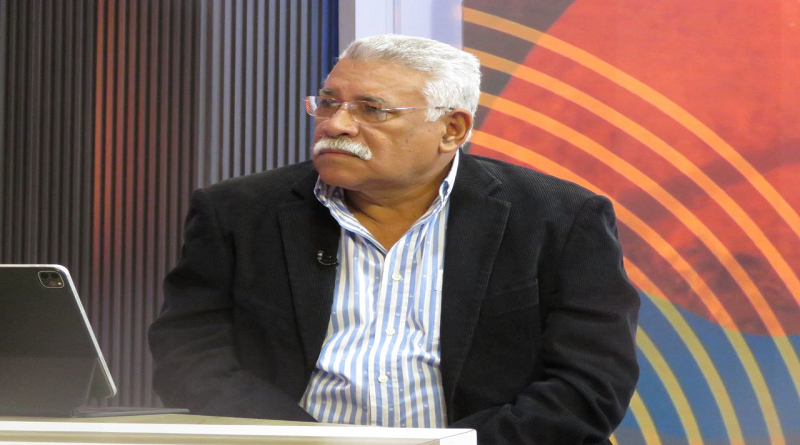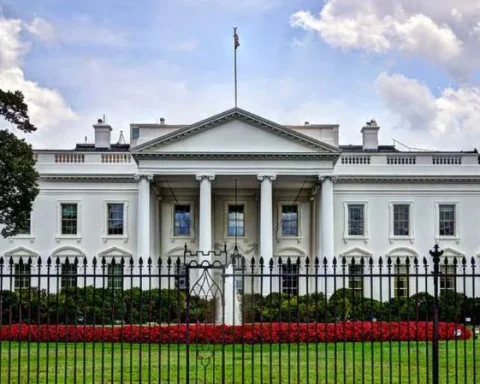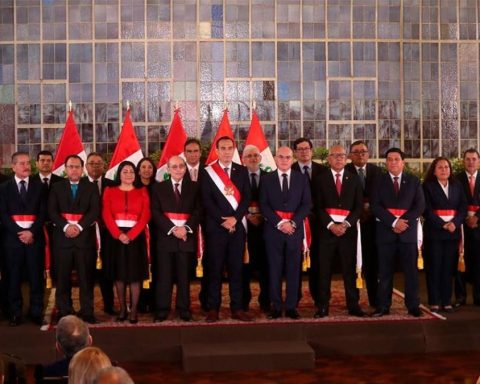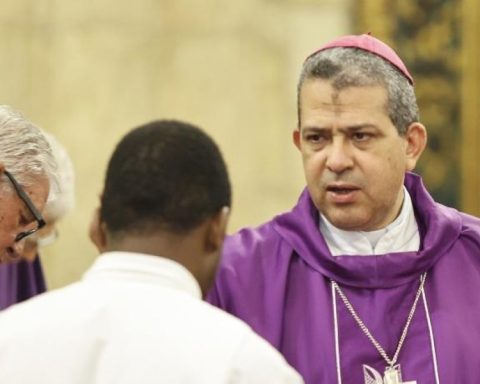A survey carried out by the Reclame Aqui portal and the Brazilian Association of Bars and Restaurants (Abrasel) shows that the summer time is well-received by most people. According to the survey, conducted with three thousand people, 54.9% of those interviewed are in favor of changing the clocks this year.
Of this total, 41.8% say they are completely in favor of the return of daylight saving time, and 13.1% are partially in favor. According to the study, 25.8% are completely against the implementation; 17% view the change with indifference; and 2.2% are partially against.
The highest levels of support were observed in the regions where the time was adopted: South, Southeast and Central-West. In the Southeast, 56.1% are in favor of the change, with 43.1% favorable and 13% partially favorable.
In the South, 60.6% are in favor, 52.3% are fully in favor and 8.3% are partially in favor; and in the Central-West, 40.9% would approve the change – with 29.1% saying they are fully in favor and 11.8% are partially in favor. In the three regions combined, 55.74% are in favor of moving the clocks forward by one hour.
For 43.6% of those interviewed, the time change helps save electricity and other resources. For 39.9%, the measure does not bring savings and 16.4% said they do not know or are not sure.
By regions
According to the Abrasel survey, the South Region has the largest share of the population (47.7%) who believe that moving the clocks forward results in savings. For 51.8%, the time change is beneficial for commerce and services, such as stores, bars and restaurants. Meanwhile, 32.7% say they do not see any advantage; and 15.5% say they have no opinion.
The survey also reveals that, for 41.7%, the city where they live becomes more attractive to tourism when daylight saving time is in effect. “Only 9.4% said it becomes [a cidade] less attractive, while 43.6% do not feel any difference”, says the survey.
The study also shows that people feel safer during periods when daylight saving time is adopted, especially regarding the time they leave for work. According to the survey, 35.2% feel safer with the change, while 19.5% say they feel less safe. For 41.9%, the change has no effect.
The survey’s margin of error is plus or minus two percentage points, considering a 95% confidence level.
Government
Last week, the Minister of Mines and Energy (MME), Alexandre Silveira, stated that the return of Brazilian summer time is a real possibility to make better use of natural light in relation to artificial light and the consequent reduction in electricity consumption in the country.
“Daylight saving time is a real possibility, but it is not a fact because it has implications, not only in terms of energy, but also in terms of economics. It is important to reduce the dispatch of thermal power plants during peak hours, but it is one of the measures, because it has a huge impact on people’s lives,” the minister acknowledged.
